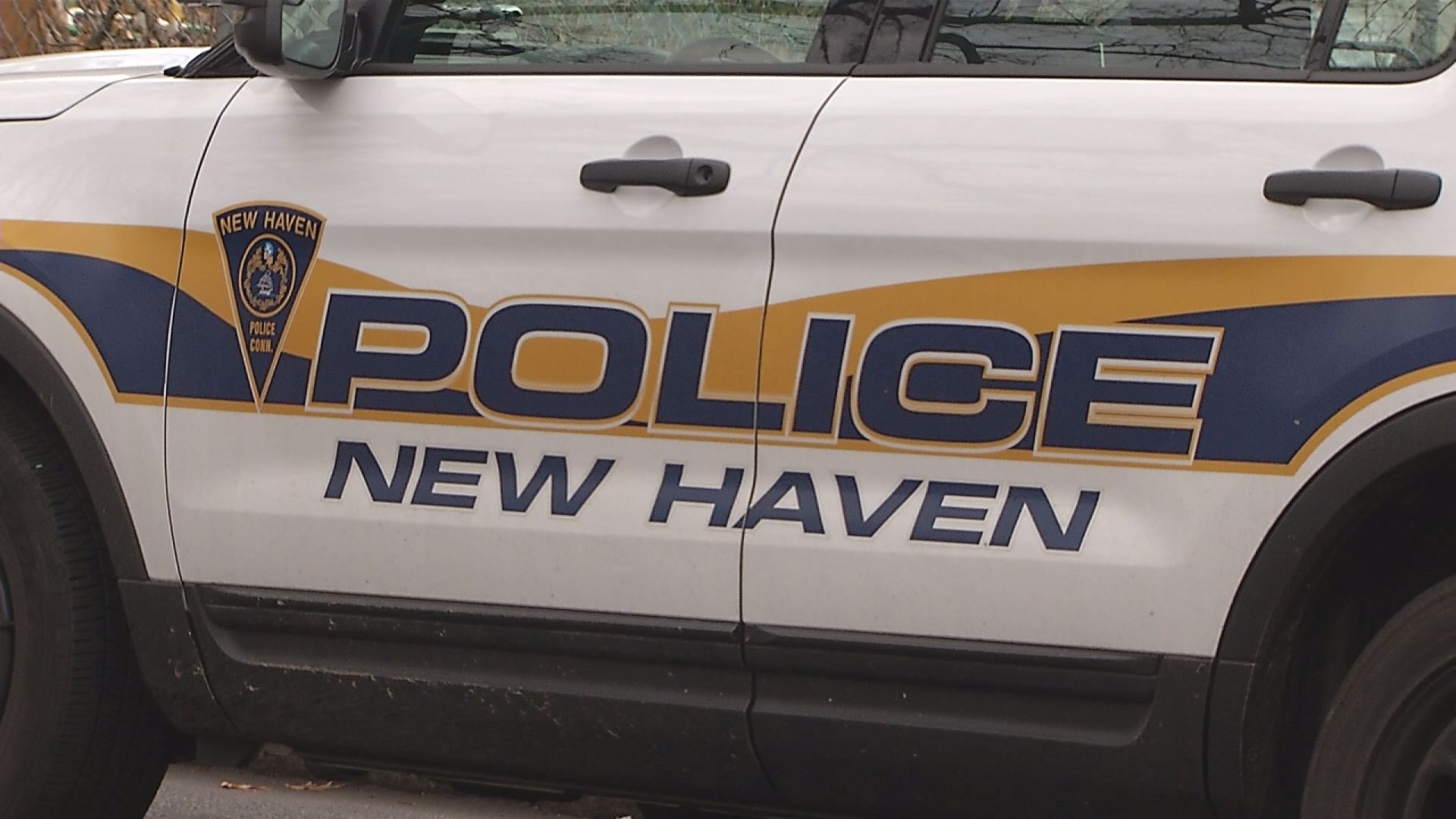They are taken behind closed doors but at-home, COVID-19 tests could open the door for people to go back to school or work after possible exposure to the virus.
Millions of self tests will soon be distributed across Connecticut. One million are going to various towns and cities this week, then two million at-home tests will be distributed to schools in early January.
Now, schools and businesses are re-evaluating how this new tool could factor into their return policies.
“These home tests are going to be so incredibly important to families, because the stress of not being able to get one is incredible. And that piece of mind of seeing a negative result on the home test is incredibly reassuring,” Fran Rabinowitz, executive director of the Connecticut Association of Public School Superintendents, said.
Get Connecticut local news, weather forecasts and entertainment stories to your inbox. Sign up for NBC Connecticut newsletters.
Rabinowitz said at-home tests could lead to policy changes in public schools on whether students can return to class.
“The policy right now from the Department of Health does not allow for home tests to be used as evidence that children are negative,” Rabinowitz said. “Schools follow the policy of the Department of Public Health. So whatever the department decides is whatever we’ll decide.”
Local
The Department of Public Health said it “encourages the use of self-tests in accordance with the latest CDC guidelines.
When Gov. Ned Lamont announced the at-home test distribution Monday, he said keeping kids in school is a top priority.
“The students themselves have told us how important it is for them to be in school, with their teacher, with their classmates,” Rabinowitz said.
Dr. Ulysses Wu, assistant director of infectious diseases at Hartford HealthCare, agrees with the importance of in-person learning, but expects the holidays will prompt a spike in COVID-19 cases around the time kids are returning to school.
He said at-home tests can yield false negatives, and prevention is still the best line of defense.
“Make sure that your kids are vaccinated, and if they can't get vaccinated and/or boosted, make sure that you are vaccinated and or boosted,” Wu said. “Masking is important. I know that masking seems to be a controversial topic, but from the pure science alone, it is a respiratory disease.”
As Connecticut towns and cities get the at-home tests, Eric Gjede with the Connecticut Business and Industry Association sees another opportunity for local businesses to keep their doors open.
“These at-home tests at least provide a little bit more peace of mind for some people who are concerned that they were exposed,” Gjede said. “Hopefully it helps get people back into the workplace and back out into the public and into our shops and restaurants.”
As for a return to the workplace, Gjede said that's up to the discretion of business owners.
“Some federal contractors are held to a slightly higher standard, or at least will be if the federal rule ever goes into effect and is enforced. So that obviously will not suffice for those employers, but you know, for many others, it will be perfectly fine,” he said.
The impact of these tests is still to be determined for another group: Pre-K children.
In a letter that went out to child care providers today, the Office of Early Education urges child care centers to be in contact with local officials as tests start to arrive. Getting tests specifically for these young kids is still being discussed.



